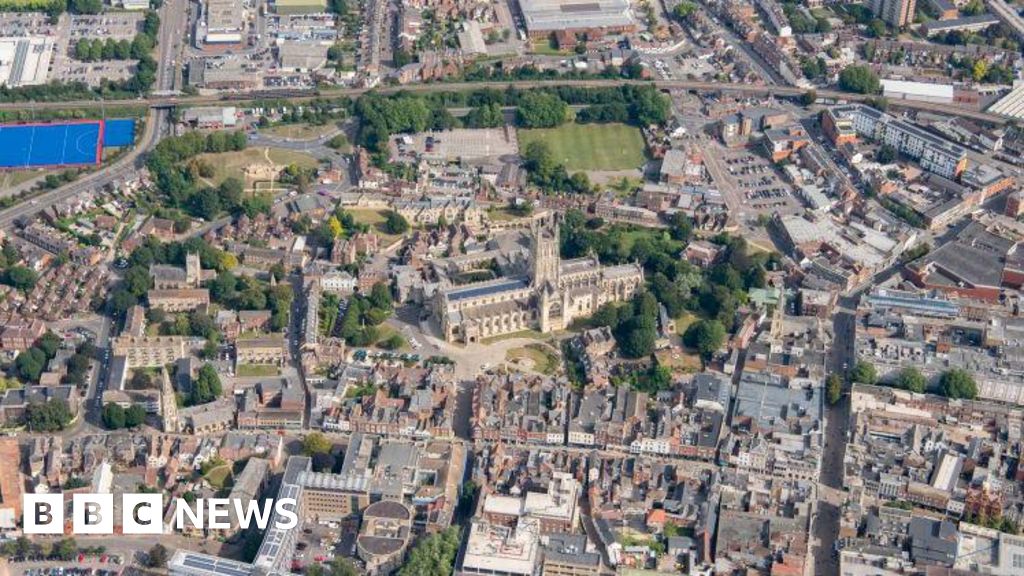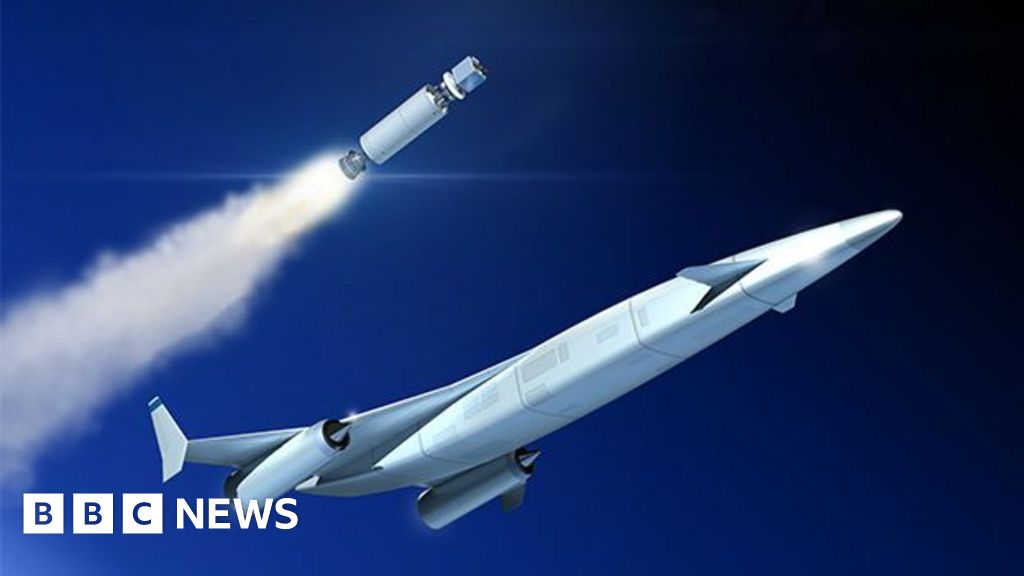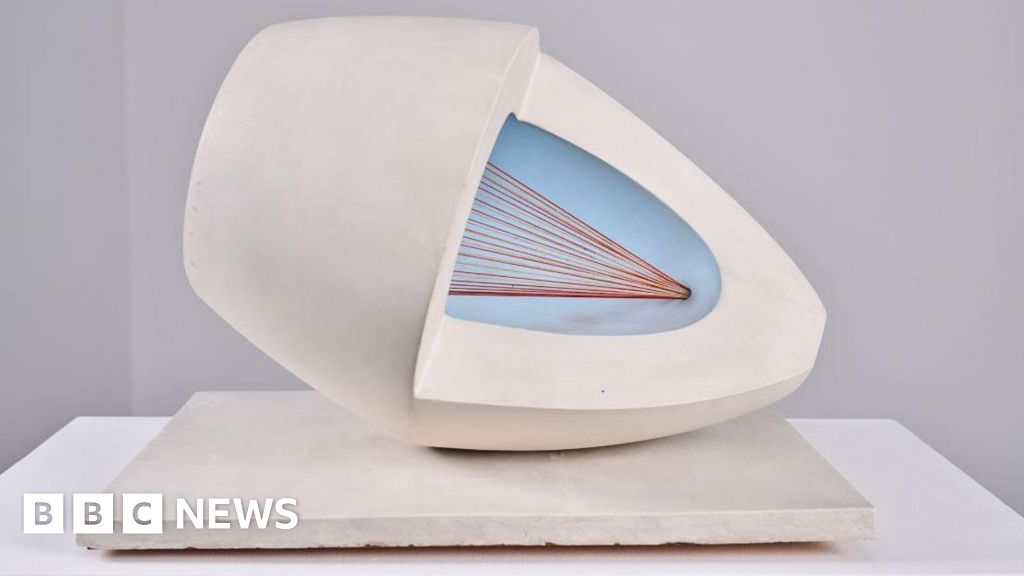- Headlines
Trump shares texts from NATO chief praising ‘decisive action’ on Iran
时间:2010-12-5 17:23:32 作者:Leadership 来源:China 查看: 评论:0内容摘要:"The opportunity for the museum named after her to acquire this important work is precious and should be supported.""The opportunity for the museum named after her to acquire this important work is precious and should be supported."
The think tank has cut forecasts globally due to trade tensions, but said the UK faced particular issues due to its "very thin" buffer in public finances, calling on Chancellor Rachel Reeves to boost tax take and cut spending.In response to the OECD's comments, Reeves said she was "determined to go further and faster to put more money in people's pockets through our plan for change".

Next week, Reeves will set out her Spending Review where she faces tough choices on allocating departmental budgets.The government has already committed billions of pounds to defence, while the NHS is also expected to be a focus amid Labour's pledge to reduce waiting lists.In March, Reeves was forced to announce £14bn in measures, including £4.8bn in welfare cuts, to restore headroom against her self-imposed fiscal rules.

While the OECD highlighted better-than-expected UK economic growth, which strengthened to 0.7% between January and March, it cautioned that "momentum is weakening" due to "deteriorating" business sentiment.It forecast the UK economy would expand by 1% in 2026, compared to the 1.2% it pencilled in a few months ago.

"The state of the public finances is a significant downside risk to the outlook if the fiscal rules are to be met," the OECD said.
It suggested that Reeves should adopt a "balanced approach" of "targeted spending cuts" and tax increases to improve the UK's public finances.Under the trade truce struck in May at a meeting in Geneva, the US lowered tariffs imposed on goods from China from 145% to 30%. China's retaliatory tariffs on US goods dropped from 125% to 10%.
On Monday, Beijing said US violations of the agreement included stopping sales of computer chip design software to Chinese companies, warning against using chips made by Chinese tech giant Huawei, and cancelling visas for Chinese students.The deal reached in Geneva came as a surprise to many analysts as it seemed that the two sides were incredibly far apart on many trade issues.
This showed that during face-to-face talks Washington and Beijing can reach agreements.But as the rhetoric is once again ratcheting up, the fragility of the current truce has been highlighted and gives an indication of just how challenging it may be to reach a longer-term trade deal.
- 最近更新
- 2025-07-07 02:58:44guide Best of Medicare Supplement Plans
- 2025-07-07 02:58:44Chandler Jones, former San José State football star, dies in highway crash at 33: Rep…
- 2025-07-07 02:58:44An outsider’s view is likely to foster innovation
- 2025-07-07 02:58:44Video Duration 24 minutes 01 seconds play-arrow24:01
- 2025-07-07 02:58:44Carmakers push back against Apple’s takeover of the dashboard
- 2025-07-07 02:58:44guide Medicare & Professional Caregivers
- 2025-07-07 02:58:44Jury clears Sean ‘Diddy’ Combs on most serious sexual offence charges
- 2025-07-07 02:58:44Deadly Heat Wave Scorches Midwest, Northeast With Record-Smashing Temps
- 热门排行
- 2025-07-07 02:58:44more akin to a fashion magazine
- 2025-07-07 02:58:44Crypto coin for Russian shadow payments moves $9bn
- 2025-07-07 02:58:44AOLWhat is the 80% rule for homeowners insurance? Strategies to close the coverage gap
- 2025-07-07 02:58:4412 states with the lowest average 401(k) balances
- 2025-07-07 02:58:44our guide to the top car insurance myths
- 2025-07-07 02:58:44US restaurant workers say ‘no tax on tips’ undermined by benefits cuts
- 2025-07-07 02:58:44How Sweet Eats’s Favorite Baked Beans
- 2025-07-07 02:58:44NBC UniversalCongressional intern killed in Washington shooting
- 友情链接
- Poker: Five Card DrawPlayMasque Publishing ParadeToday’s NYT ‘Strands’ Hints, Spangram and Answers for Tuesday, July 1 Paramount agrees to pay $16m to settle Trump lawsuit over CBS interview Solitaire: TriPeaksPlayMasque Publishing NATO’s 5 percent spending pledge is a threat to people and the planet Diddy trial live updates: What to know about bail hearing, potential release Solitaire: Pyramid ChallengePlayMasque Publishing Word SearchersPlayMasque Publishing shampoo for thinning hair in beauty The 20 best 4th of July swimsuit sales our fashion editor is grabbing — all under $50 Video PokerPlayMasque Publishing smart speakers or the latest in tech such as Kennedy is a shot in the arm for the anti-vaccine movement Real Madrid beat Juventus 1-0 in the Club World Cup round of 16 – updates More than 30 Palestinians killed as Trump says Israel agrees to Gaza truce Sean ‘Diddy’ Combs acquitted of sex trafficking and racketeering Poker: Five Card DrawPlayMasque Publishing I’m in northern Gaza. I would rather starve than take GHF aid ‘Cops in the form of alligators’: Trump visits Florida’s Alligator Alcatraz Where to watch Wimbledon in London Jigsaw: Mechanical WondersPlayMasque Publishing Solitaire: Classic Las VegasPlayMasque Publishing I Wish I Made That: Mary Randolph Carter The best orthopedic shoes in 2025, according to podiatrists Why are younger Americans having less sex? Technology could be playing a role Video PokerPlayMasque Publishing US university bars trans athletes from women’s sports after Trump order ParadeNYT ‘Connections’ Hints and Answers Today, Tuesday, July 1 BlackjackPlayMasque Publishing Real Madrid beat Juventus 1-0 in the Club World Cup round of 16 – updates
